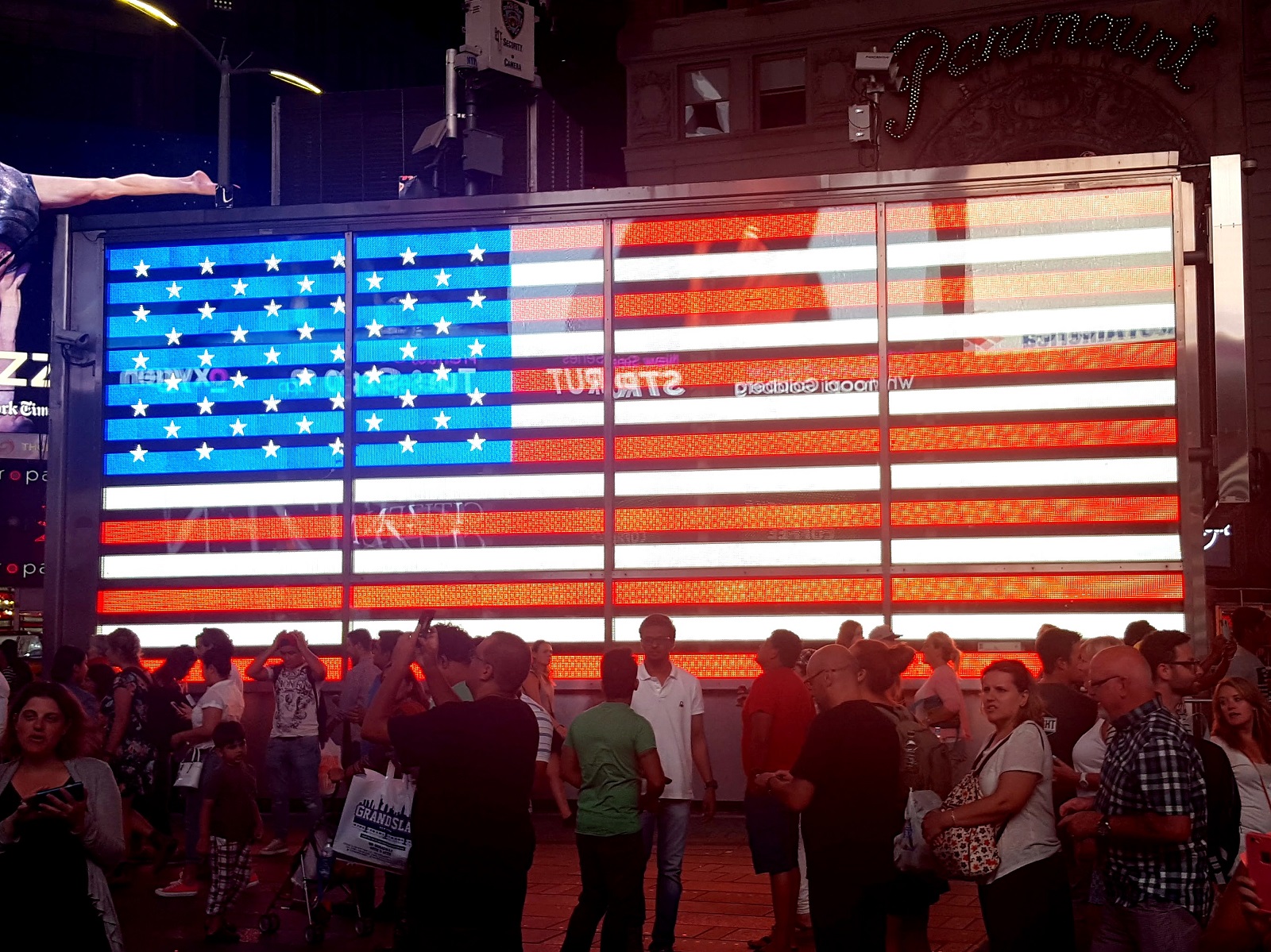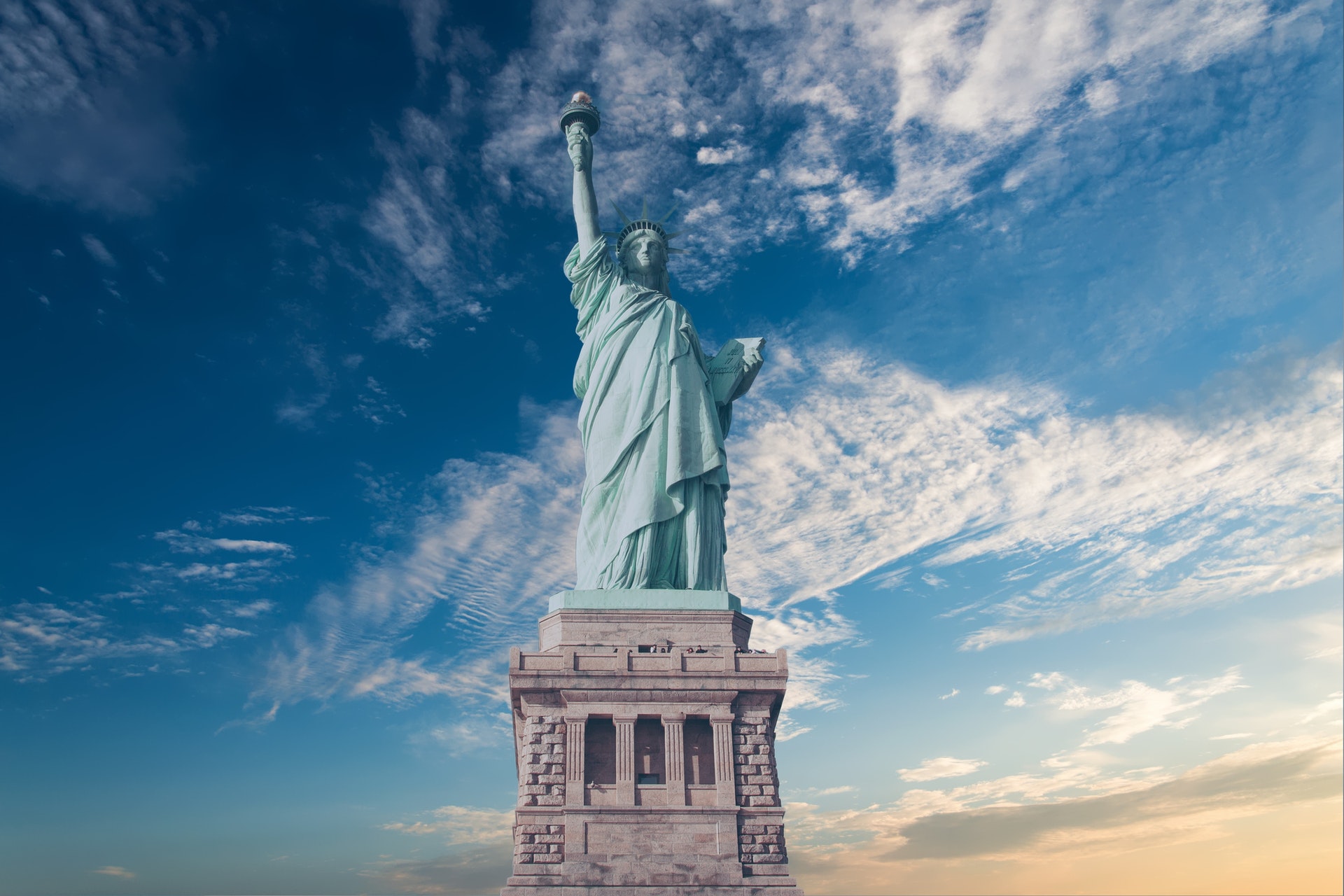Which US States Still Have COVID-19 Restrictions? Current Info
There are still some US states with COVID-19 restrictions. For those eyeing domestic travel, here’s a look at which US states still have restrictions related to COVID-19, what they are, and how to navigate the current situation. While the federal government controls people arriving into the country, states have largely done their own thing. Here’s what you should know.
Hawaii
The state of Hawaii maintains restrictions to avoid overwhelming the islands’ health resources. The official website is here.
- Testing: In order to avoid a 10-day quarantine, visitors from outside the islands must present a negative COVID-19 test taken within 72 hours of arrival. The test must have been administered by one of their Trusted Testing Partners.
- Vaccinated visitors: To be exempt from testing requirements, vaccinated visitors must upload their CDC-issued vaccination cards to the state’s Safe Travels Program. Then bring that card with them on arrival.
- Unvaccinated visitors: Those who are not fully vaccinated must upload test results to the Safe Travels form. This emits a QR code to present on arrival. Those who haven’t uploaded the test results must bring a printed copy on arrival.
- Inter-island travel: those who have passed quarantine requirements are now free to travel to other islands.
- Masks: Anyone over age 5 must wear a mask in indoor public spaces. Masks are not required outdoors.
Kansas
The state of Kansas has quarantine and testing measures in place. They are very specific and change often. These state restrictions are based on your recent travel history. The official website is here.
- Quarantine: People who have been to the following destinations on or after the indicated date must quarantine. These people must quarantine; they can be released on day 8 if taking a COVID-19 test after 6 days and getting a negative result. Otherwise, 10 days of quarantine are required.
- July 1 to Brazil, Namibia, Oman, or St. Kitts & Nevis
- June 17 to Kuwait or Mongolia
- June 3 to Colombia or Suriname
- May 20 to Costa Rica or French Guiana
- May 6 to Maldives or Seychelles
- April 22 to Argentina
- April 8 to Uruguay
- In the period of June 17-July 1 to Saint Martin
- In the period of June 3-July 1 to Chile or Paraguay
- In the period of April 22-July 1 to Bahrain
- Attended any gathering of 500+ people outside Kansas where not everyone was socially distanced / wearing masks
- Been on a cruise ship or river cruise since March 15, 2020
- Vaccinated visitors: These visitors are exempt from quarantine requirements if the final dose was received more than 2 weeks prior.
Rhode Island
In Rhode Island, people arriving for non-work purposes are categorized by vaccination status and the positivity rate of where they’re coming from. The official website is here.
- Testing: Non-vaccinated visitors must bring a negative COVID-19 test less than 72 hours old to avoid quarantine requirements. That is if coming from restricted states (currently 12 US states on the list).
- Vaccinated visitors: If vaccinated more than 2 weeks prior, vaccinated visitors are exempt from testing and quarantine requirements.
- Unvaccinated visitors: If arriving for non-work purposes and coming from one of the states mentioned above, they must bring a negative COVID-19 test or quarantine for 10 days. They can end the quarantine by taking a COVID-19 test in Rhode Island and receiving a negative result. This includes the rapid test on arrival at the Providence Rhode Island T.F. Green International Airport. Note that test is free for departing and arriving passengers.
- Note: Those who tested positive for COVID-19 in the last 90 days and have recovered are exempt from quarantine if they can provide proof.
Washington, D.C.
Anyone arriving in the capital is subject to its US states COVID-19 restrictions if staying longer than 24 hours and coming from beyond Maryland and Virginia. The official website is here.
- Testing: If staying longer than 24 hours, not vaccinated, and arriving from beyond VA / MD, you must come with negative test results in hand. Tests cannot be more than 72 hours old.
- Vaccinated visitors: Testing requirements are waived.
- Unvaccinated visitors: Must provide a negative COVID-19 test result no more than 72 hours old.
- Note: Those who tested positive for COVID-19 in the last 90 days and have recovered are exempt from testing requirements if they can provide proof.
Final Thoughts
As more and more travel restrictions are eased, remember that things change often. Stay on top of the requirements for your destination, whether that’s international travel (see our info here) or domestic travel. There are still US states with COVID-19 travel restrictions in place, so make sure you know in advance what the requirements are at your destination.





Things are tightening up again. You didn’t list the Chicago restrictions and I fully expect more as the Delta variant goes through the unvaccinated. Hopefully won’t inconvenience those of us who did the right thing and got vaccinated.
Since this is about states and not cities (ex: LA has restrictions, NYC has set its own rules) that’s why Chicago isn’t in the article.